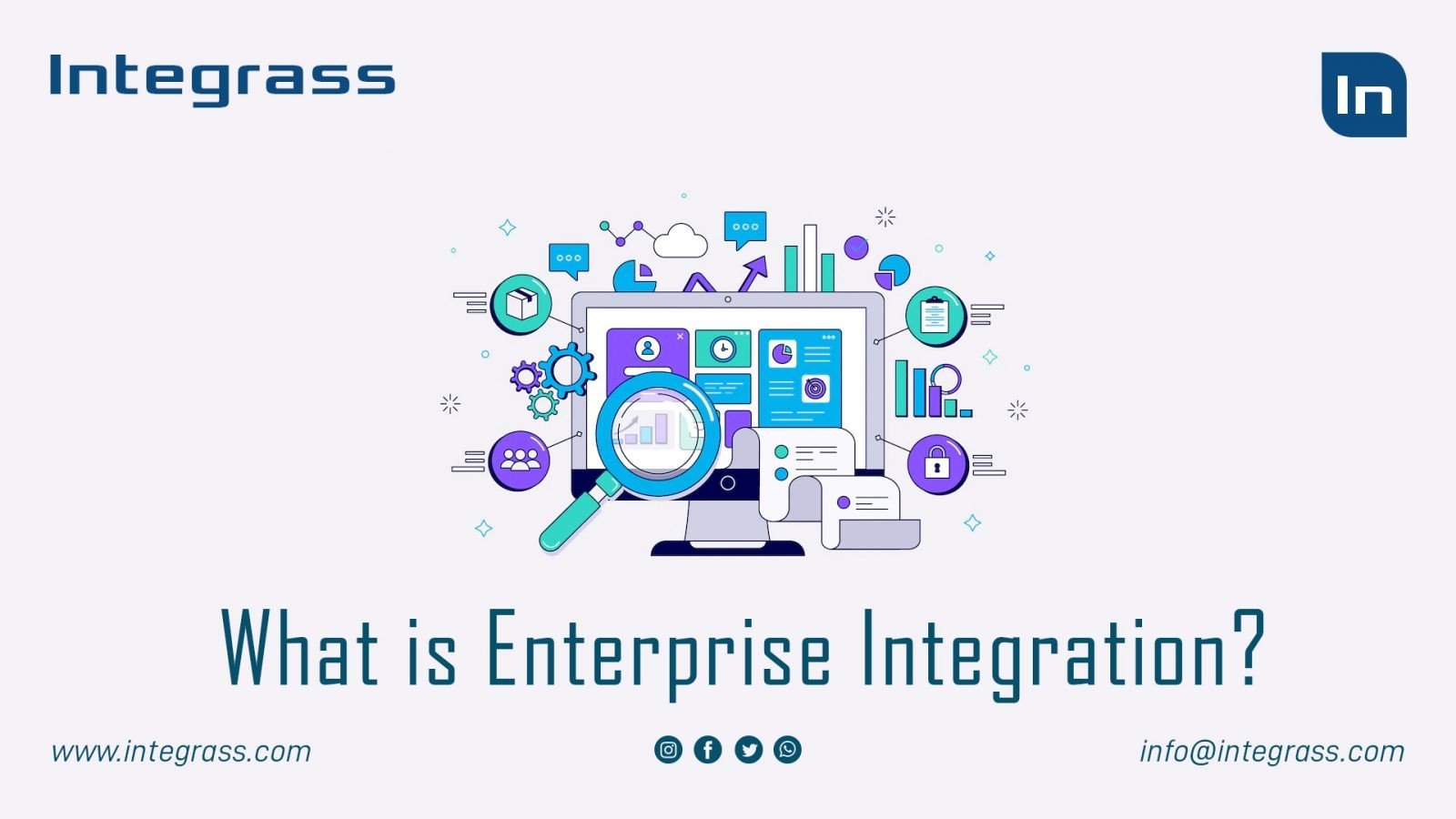Enterprise integration is the use of multiple integration approaches, including API management,application integration and messaging to leverage enterprise services and assets in order to expose them as APIs or connect them as services.
Enterprise Integration can cover a number of different disciplines and approaches but the primary objective is to bring together disparate enterprise systems, processes and applications in order to make a business more efficient and to leverage full value from its assets.
With an ever-increasing number of databases, applications, and endpoints in a business that rely on real-time information, the efficient exchange of information between systems is becoming more essential than ever. Applications and devices must be able to communicate efficiently and effectively.
Enterprise integration uses software systems to integrate business applications into a unified system, allowing applications to work together seamlessly. Without true integration, it is difficult, if not impossible, to have applications running simultaneously in an effective way.
The Need for Enterprise Integration
As businesses are transforming and embracing the digital trend, staying ahead of the competition requires quick, effective decision-making as well as innovation. Enterprise integration provides businesses the insight to make well-informed choices. It is essential to have current and update-to-date information to allow critical decisions to be made. There needs to be a seamless flow of data at all times.
Benefits of Enterprise Integration
Enterprise application integration can be defined as one of the most productive ways to monitor and control a company’s operations. The benefits of enterprise integration can be summarized as follows:
Streamline business processes and increase efficiency
Enterprise integration simplifies and automates the exchange of information between systems, streamlining the workflow. Moreover, it accelerates implementation using pre-defined templates and workflows. Organized and streamlined business processes ensure positive and predictable business outcomes.
Cost-effective
With a robust enterprise integration platform, there’s no need to exhaust resources to manage individual software and incur unnecessary maintenance costs. Adopting enterprise integration technology reduces the business cost by allowing the integration of both old and new software applications and systems. This way, businesses can leverage their existing, proven systems to work together and provide a cost-effective solution with fewer investments.
Reduce Project Delays
Business analysts suggest that most projects get delayed owing to a lack of integration between applications, data, and processes. Enterprise integration enables users to access data faster, helps organizations streamline their services, and helps centralize information at a single point, reducing the workload of the employees.
Improved Interoperability
Ensuring interoperability between applications, software, and services across the enterprise is crucial in building a robust software ecosystem. The whole organization, both in-house and remote, must work as a single organization in order for management to have complete visibility prior to making critical decisions.
With the increased adoption of SaaS services, organizations are looking for solutions to establish connectivity between the apps and services and enable seamless interoperability with legacy systems, databases, and more.









